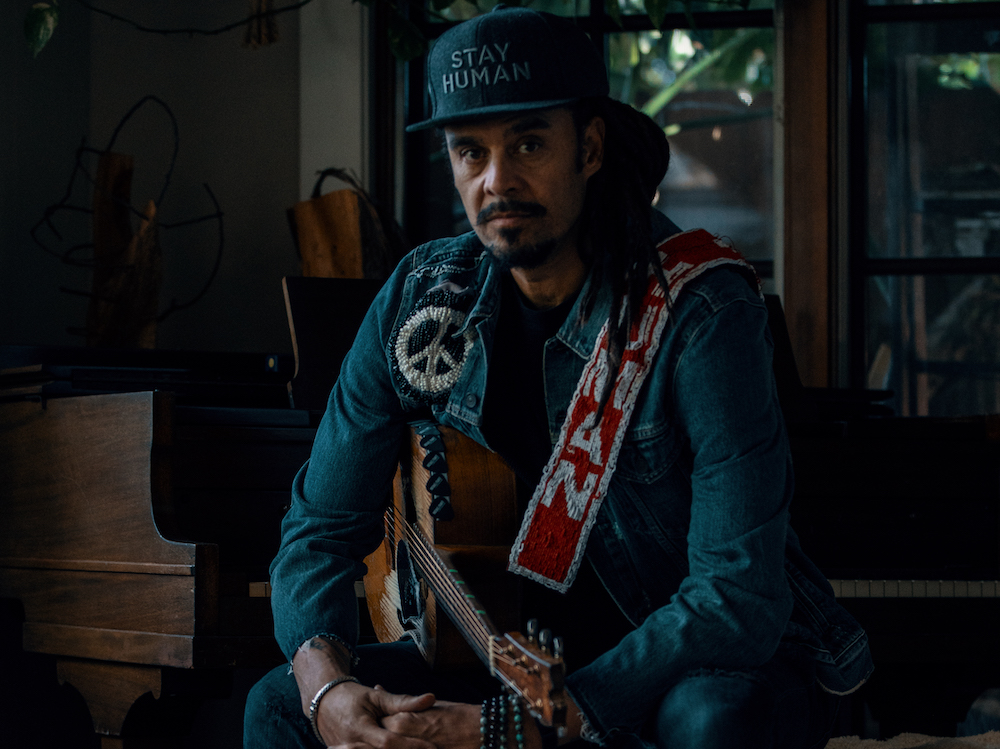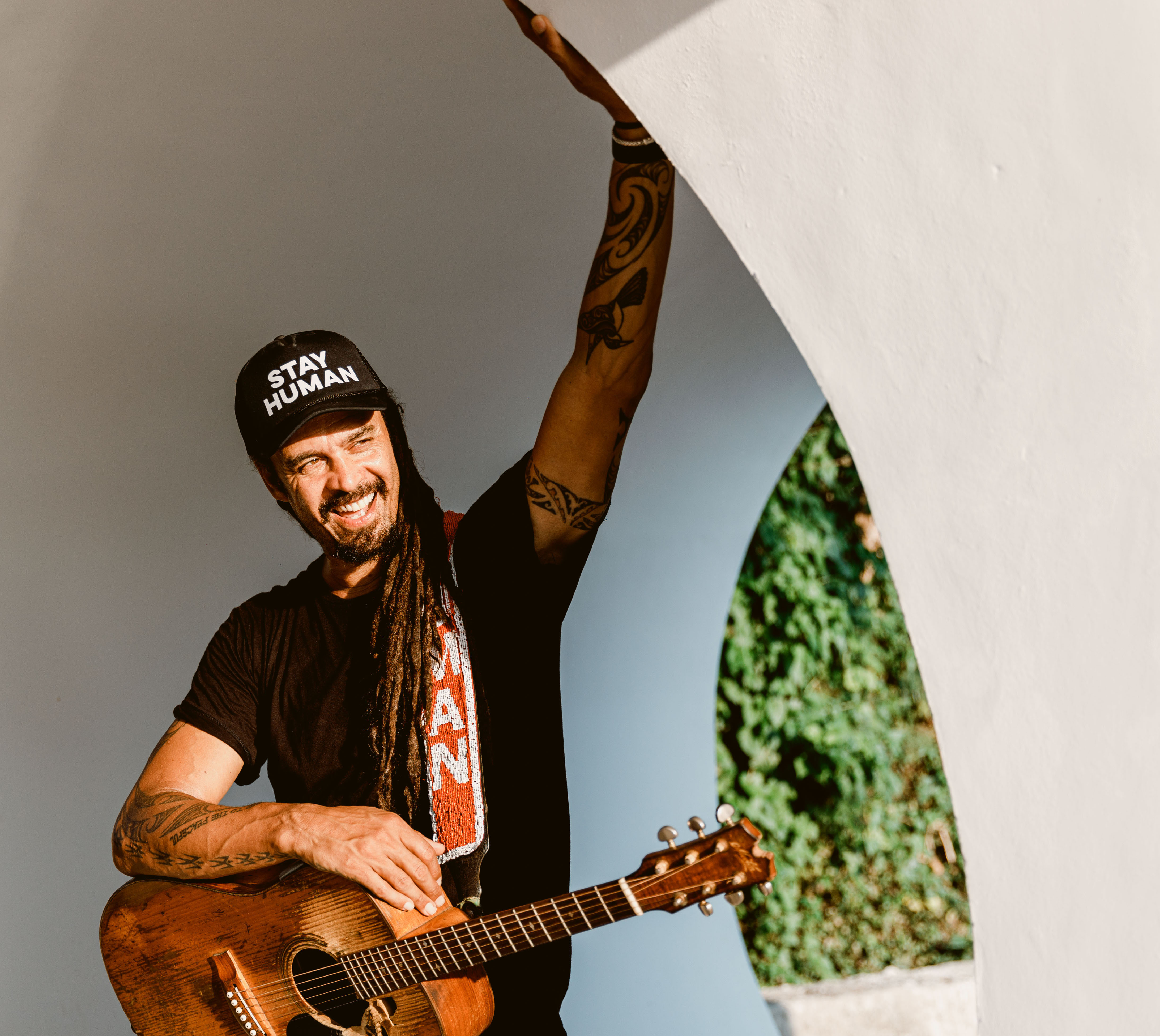Juneteenth historically has been a series of days, the ‘teen’ days of June, when we celebrate the end of slavery. It commemorates June 19, 1865, when Union Gen. Gordon Granger read federal orders in Galveston, Texas that all previously enslaved people in Texas were free — even though the Emancipation Proclamation had formally freed them almost two-and-a-half years earlier.
On Dec. 6, 1865, the 13th Amendment to the U.S. Constitution was ratified. It abolished slavery in the United States and said that “Neither slavery nor involuntary servitude, except as a punishment for crime whereof the party shall have been duly convicted, shall exist within the United States, or any place subject to their jurisdiction.” So, although we celebrate an end to slavery, the 13th Amendment still allows for those convicted as “criminals” to be used as slaves. After the amendment was adopted, 4.5 million slaves were freed and the South lost their entire unpaid labor source. Suddenly there was a great need for labor, and a series of laws were put in place in America to “criminalize” Black people in order to legally use them as unpaid labor under the guidelines of the 13th and to prevent African-Americans from voting.
Jim Crow Laws, Red Lining (housing discrimination), school segregation, gerrymandering voting districts, not allowing convicted felons to vote, the War on Drugs, the 1994 Crime Bill and the policing to enforce all of these laws and policies have led to generations of discrimination, mass incarceration and police brutality. For a deeper understanding, watch Ava DuVernay’s 2016 Academy Award-nominated documentary 13th.
Sadly, many Americans outside of the African-American community hadn’t heard of this holiday until recently, nor have ever celebrated it, or have an understanding of the laws that were passed when slavery ended to keep Black people systematically oppressed in America.
The Black Lives Matter movement has sought to highlight these laws and the current state of policing in America that has led to countless deaths of Black people in the hands of police, daily over-policing in communities of color, and the disparity in sentencing between Blacks and whites convicted of the similar crimes.
Historically, Juneteenth has been a time when we celebrate the accomplishments we’ve had as African-Americans and to refocus on the struggle at hand, but this year feels different. This year’s Juneteenth is taking place when millions of hearts around the world have been broken by the seemingly endless video feeds of police brutality. Millions of eyes have been opened by systemic racism and the actions of racist individuals that are now being viewed around the world. And millions of ears have opened to ideas like defunding the $100 billion spent on the militarization of police each year and reallocating those funds into services that actually help make communities safer like unarmed de-escalation experts who can help to solve non-violent disputes, professionals trained to help those with mental illness, addiction, or who are currently houseless, rather than criminalizing those individuals. These new ways of thinking about public safety not just being left in the hands of police departments that were set up to enforce racist laws are things, that even a few months ago, would be considered radically impossible. Yet today we have seen the commissioner of the NFL openly apologizing for not listening to Colin Kaepernick and other Black athletes who peacefully took a knee to let America know that police brutality has to end.
In order for America to see real change, I believe we need three things:
1. A shift in the culture where the overwhelming majority of people not only say that racism is bad but take it upon themselves to become anti-racist and stand up to racism wherever they see it.
2. We need to see an overhaul of the systemically racist systems, laws, and policies that have allowed for police brutality to take place under cover of courtroom loopholes and the code of silence in the police community.
3. Finally, I believe we should be defunding and demilitarizing our police and begin to think of public safety in a whole new way.
When communities are prosperous, people have jobs, people aren’t locked up for decades for petty non-violent offenses when people aren’t beaten and killed by police, when police reach out to the communities they serve when we end probation and cash bail, when we reach out to those who are most vulnerable with the resources they need to thrive, we make our communities stronger and safer. Don’t believe me? Look at the city of Camden, New Jersey, which had one of the highest crime rates in America; they completely disbanded their police department and started all over again with a modern approach to community-based public safety. In seven years, they reduced homicides by 70% and violent crime by 46%.
The BLM movement has brought about a shift in the culture in a very big way. Now we have to make sure that this shift turns into actual change of policy, change of the way that policing is done in our country, get rid of historically racist systems and replace them with community safety by building through education, the arts, healthcare, self-policing, jobs and through economic vitality in those communities that need them most. That’s the way that we’re going to make our communities safer.
So, celebrate Juneteenth by recognizing how far we’ve come by fighting for what we need to change today. Fight mindfully, strategically, with love in your heart and ever-burning fire in your belly forged by generations passed, let’s keep our foot on the pedal and get knees off the necks of Black Americans, let’s normalize anti-racism, let’s hold brutal police accountable, and let’s work to improve our communities. Let’s march, let’s have those awkward and important conversations and let’s vote out hate and…let’s amend the 13th Amendment so that no one is legally allowed to be enslaved in our country so that in Juneteenths to come we can celebrate not only an end to slavery but our unyielding commitment to equity.
If ever there was a holiday all Americans should be proud of, it is one that acknowledges the battle against slavery and racism and celebrates the spirit of those past and present who have made the decision to never give up.
Michael Franti has released joyful, revolutionary music for three decades under several guises, most notably as Michael Franti & Spearhead.





